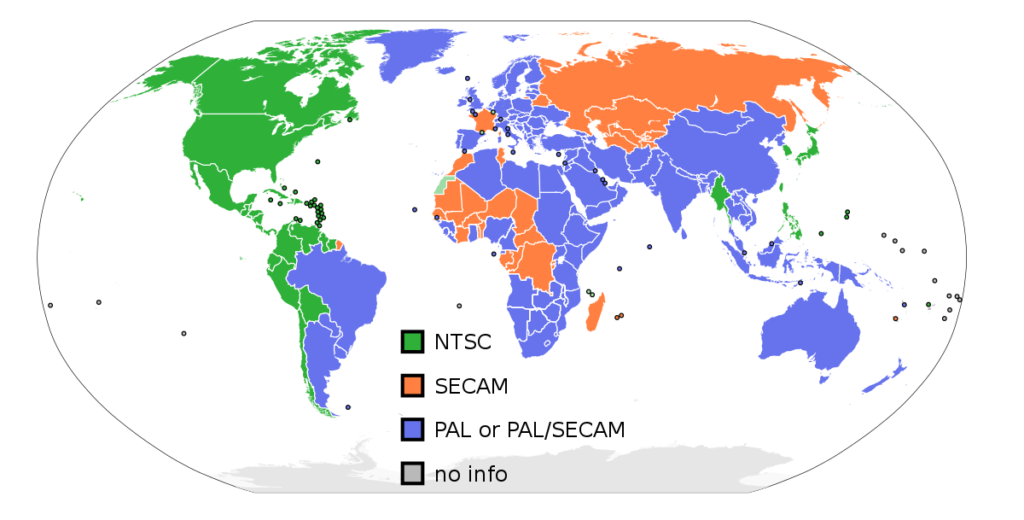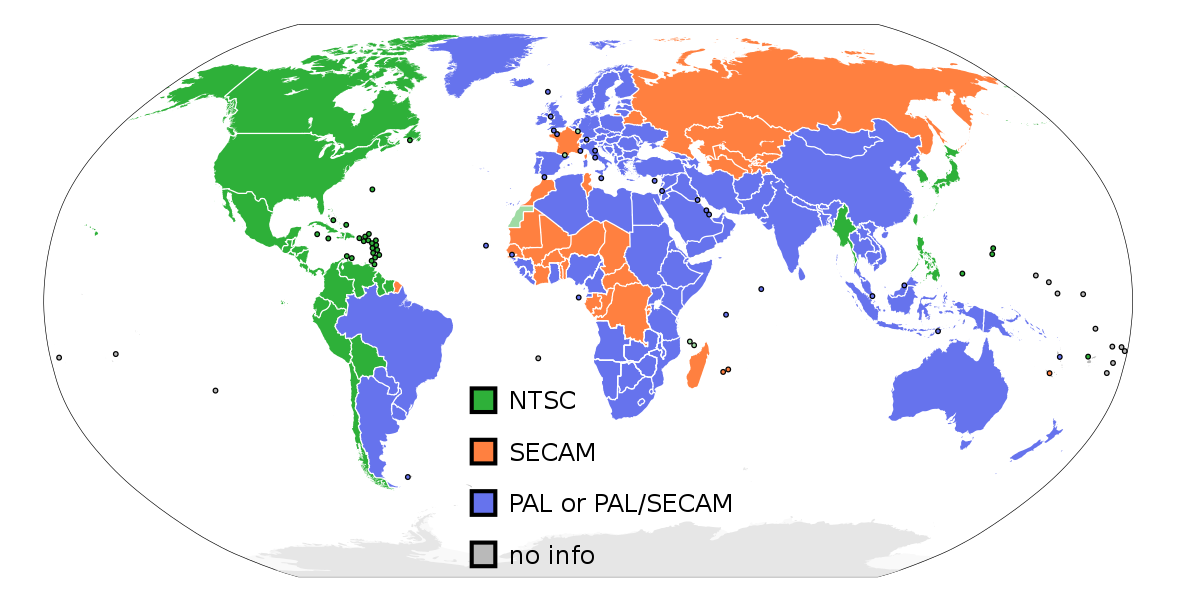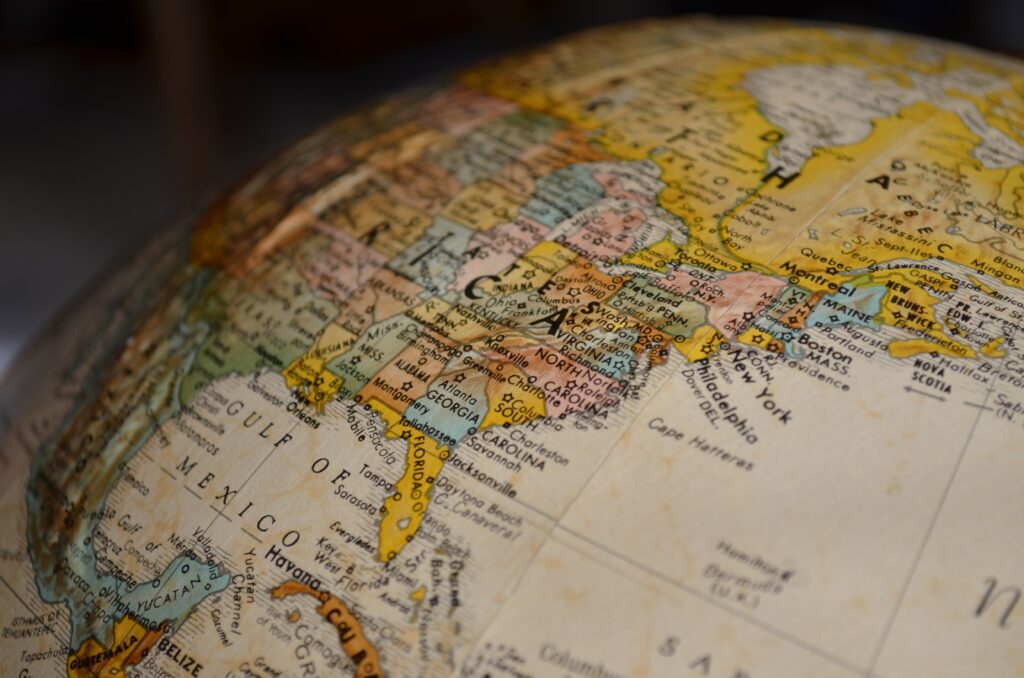
Why Are Games Region Locked?
We’ve all come across it at some point. We’ve brought a game from eBay or another marketplace, waited excitedly for it to arrive, only to find out that your console won’t play it. What gives? Why are games region locked? Does this benefit the game in any way? Is this something that benefits the player or the publisher? There are a few different reasons so let’s take a look.
Staggered Releases Worldwide
One of the most common reasons to region lock a game is when a game has a staggered release around the world, for example, a Japanese game that is being released there a few months before the US. The reason being that people will order copies from Japan and import them over. But why is this an issue?
There’s a decent chance that this game will not be in the target language, which will impact certain game’s enjoyability heavily. It’s also a problem with the rise of streaming games. If you don’t have access to a game you are excited about for months but you can watch someone on Youtube play it now, lots of people will who won’t go on to play it themselves, massively impacting sales. Similarly to this, if some people already have access to the game while others do not, it destroys the pre-release hype and marketing around a game as many people will be over it.
So Why Not Release Them At The Same Time?
Many games, particularly earlier ones, did not have a fully working translation ready for every country. To release a game globally most games have at least 20-30 languages to translate to, if not more. This can take a very long time, and so sometimes publishers will stagger the release as they become available. Another difficulty is manufacturing, making, burning, and shipping boxed disks or cartridges around the world to make them available to everyone. This is both very costly and very time-consuming, with companies sometimes wanting to secure those initial sales in their home country to help fund possibly selling it in others.
Thankfully, with the rise of the internet, more games are getting a simultaneous worldwide release these days. Thanks to digital downloads it’s become so much easier to release a game globally and allow everyone to play them at the same time, so this is becoming a less common occurrence. Streamers will still take advantage of getting around the rules and getting games when they release
Different Versions Of Games
Some games vary by region. Although rare sometimes content can make it into one version of the game but not others. A fairly well-known example of this is Final Fantasy 10, whose original release only had the majority of the post-game content, plus some other additions, in the PAL version and not the American NTSC version. Conversely, the US version ran at 60hz compared to the PAL version’s 50hz. Adding to the confusion, the NTSC-J version, otherwise known as the Japanese version, included the same content as the PAL version.
This all seems very complicated, and it can be hard to see the reasoning behind doing this. But beyond what the technology of each region allowed, there are other reasons you might want to vary the content that you release in one country as opposed to another.

Censorship Or IP Issues
Censorship varies across the world, from banning blood in one country, sex in another, or Nazi symbolism in the next. To avoid an all-out ban in the country, game developers will make certain changes to the game but to avoid changing the game away from the original intent they will make a unique version for the problem region. This allows games to stay true to their original intention for most of the world but doesn’t stop people from playing them in countries that don’t allow it. A good example of this was Wolfenstein having to remove Nazi symbolism and change Hitler’s name and appearance in Germany (They have since changed the rules in Germany and games can now feature swastikas and other symbols in games in the same way as movies).

Is Region Locking Still An Issue?
Although a lot of the older region locking systems such as PAL and NTSC are slowly starting to get phased out around the world for more universal ones, region locking is still prevalent, especially where stagger releases are needed and around the release of large titles. An argument could be made that the end-user does not benefit from them and it only restricts them, and that is true to an extent. But it can often ensure the people can play the best version of the game for them without having to use inferior versions to keep up with your peers. Hopefully, games will continue the trend towards global releases and removing the region lock on games.
